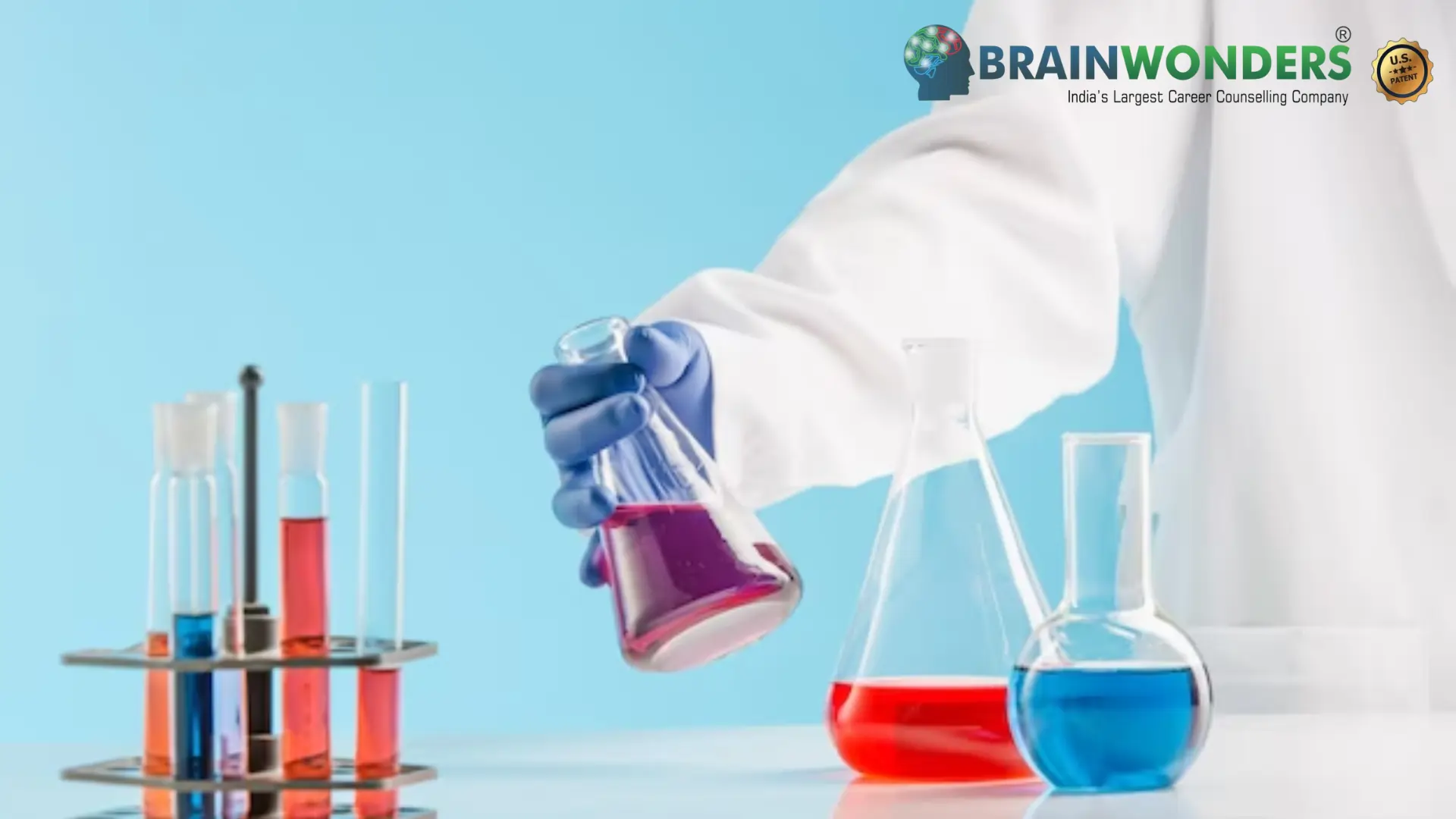How to become a Diploma Chemical
Overview, Courses, Exam, Colleges, Pathways, Salary

Overview
Who is Diploma Chemical ?
Chemical engineers work with basic ingredients to create a variety of useful items. Petrochemicals, pharmaceuticals, and plastics are all products of a profession in this industry. Chemical engineers work on the creation and design of a wide range of goods. Their research will focus on altering a substance's chemical, biological, and physical states to transform it into something different, such as plastic from oil. They know how to transform raw materials into the desired products while keeping health and safety and cost in mind.
Typical day at work
What does Diploma Chemical do?
- They can work as process technicians, chemical plant operators, quality control technicians, production supervisors, or laboratory technicians.
- Their responsibilities may include monitoring and optimizing production processes.
- Conducting quality checks.
- Operating and maintaining equipment.
- Ensuring safety and environmental compliance.
- Analyzing samples, and assisting in research and development projects.
Abilities and Aptitude needed
What are the skills, abilities & aptitude needed to become Diploma Chemical?
Chemical engineers should be interested in chemistry and have a natural aptitude for it. They also need IT and numeracy expertise. They should be able to think critically. They should be commercially knowledgeable and able to function well under duress. Communication and cooperation abilities, as well as problem-solving abilities, are required.
Pathways
How to become an Diploma Chemical?
Entrance Exam
Entrance Exam for Diploma Chemical ?
Courses
Which course I can pursue?
Best Colleges
Which are the best colleges to attend to become an Diploma Chemical?
Industries
Which Industries are open for Diploma Chemical?
- Chemical manufacturing, oil and gas
- Pharmaceuticals
- Water treatment, Environmental engineering
- Food processing, and Cosmetics
- Process optimization, Plant operations
- Quality assurance, Laboratory testing
- Safety management, and Environmental sustainability
internship
Are there internships available for Diploma Chemical?
Internship opportunities are available for Diploma holders in Chemical Engineering. Gain hands-on experience in chemical manufacturing, oil and gas, pharmaceuticals, or environmental engineering. Assist in process optimization, quality control, and equipment operation. Learn to conduct laboratory tests, analyze data, and assist in research projects. Develop skills in process monitoring, safety compliance, and environmental regulations. Collaborate with professionals in the field and contribute to real-world projects.
Career outlook
What does the future look like for Diploma Chemical?
After finishing this course, students can pursue their studies in chemical engineering and earn a bachelor's or master's degree. Chemical engineers operate in areas such as energy, food and beverage, oil and gas, pharmaceuticals, plastics, toiletries, and water treatment. Nanotechnology, fuel cells, and biomedical engineering are examples of useful new materials and procedures pioneered by modern chemical engineering.



